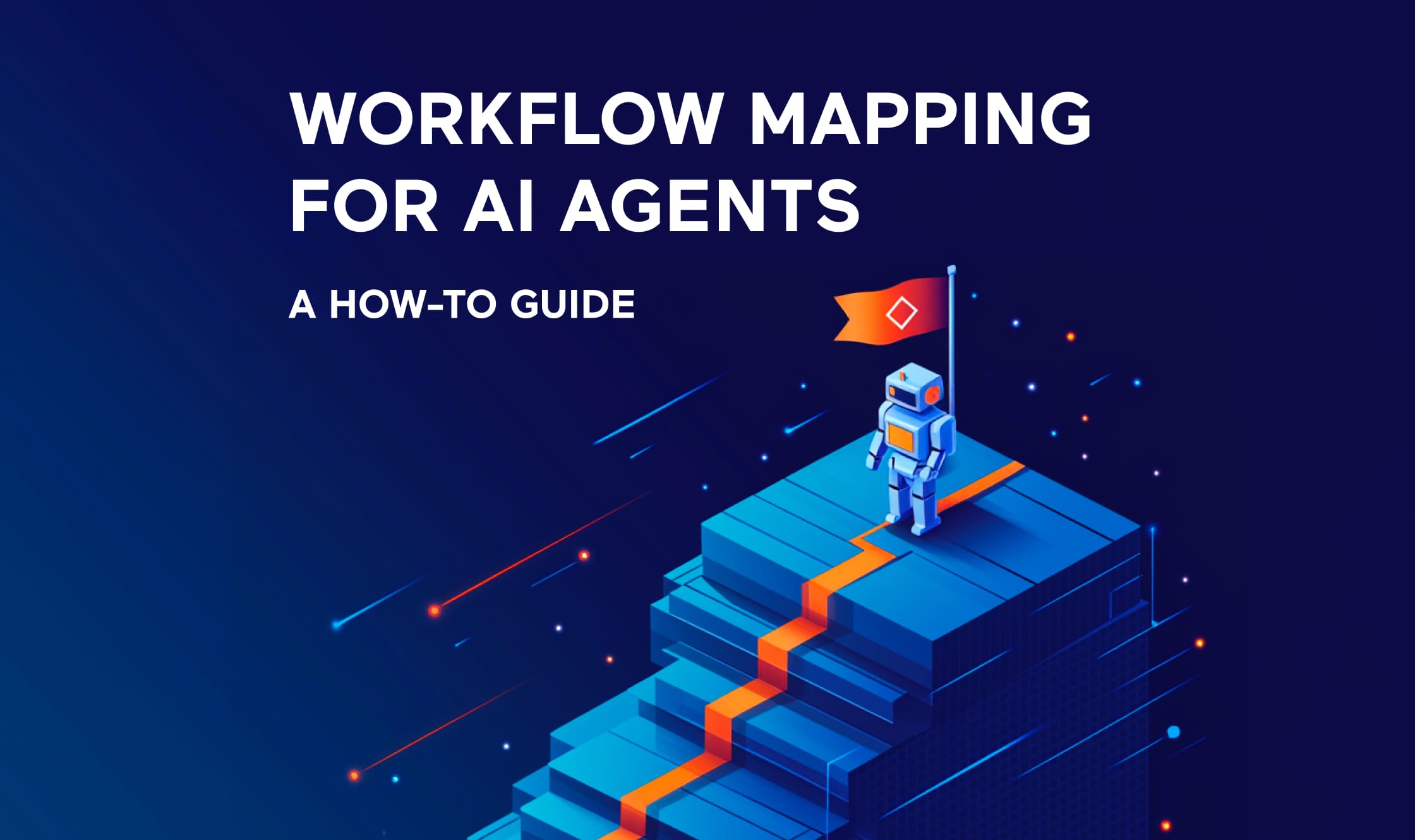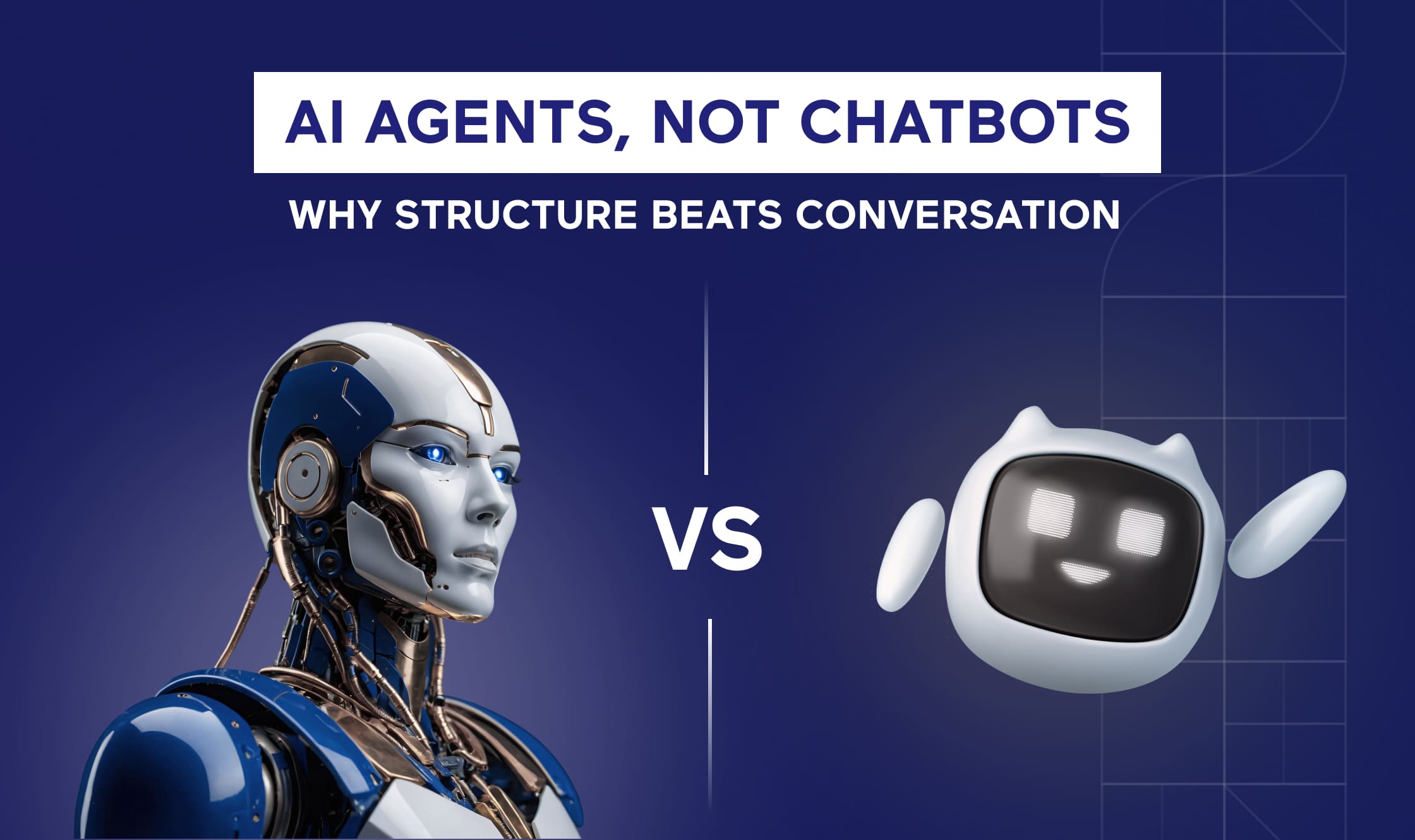Multi-agent frameworks, like Wippy, are transforming the landscape of intelligent automation. By integrating AI agent-powered automation and enabling businesses to build AI agents faster, these frameworks overcome the limitations of traditional LLMs and drive innovation.
The introduction of large language models (LLMs) like ChatGPT and Claude has made artificial intelligence more accessible, drawing interest from diverse industries. However, while powerful, these models are still far from achieving true artificial general intelligence (AGI). Today’s LLMs are limited by static data, lack dynamic reasoning, and face other inherent constraints.
Recognizing these limitations, Spiral Scout has developed Wippy, an AI-powered multi-agent framework designed to overcome these shortcomings by adding layers of autonomy, memory, and multi-agent collaboration. This makes Wippy an ideal solution for businesses seeking real-time, adaptive AI capabilities beyond simple query-response systems.
Why LLMs Alone Aren’t Enough
While LLMs like GPT-4 are trained on vast datasets and exhibit impressive capabilities, their functionality is limited by key architectural constraints. Their knowledge base is static, and they lack real-time adaptability. They’re also unable to perform deep reasoning, which limits their ability to handle dynamic tasks. These limitations are where Wippy and Spiral Scout’s AI implementation consulting come in. By deploying a multi-agent AI framework, Wippy combines the strengths of LLMs with advanced agentic components, transforming the static nature of LLMs into a dynamic, interactive system that can handle complex, real-world workflows in a way standalone LLMs cannot.
The Role of AI Agents in Overcoming LLM Limitations
Agents offer a way to make AI more useful and dynamic, providing solutions to the core limitations of LLMs. In an agentic framework like Wippy, an agent is not just a passive responder; it’s a purpose-driven tool capable of external data gathering, memory retention, and task-specific reasoning. Here’s how Wippy’s components help address the challenges of traditional AI:
- Tools: Wippy allows agents to connect with external APIs, databases, and other resources, so they can gather and use real-time data relevant to each task.
- Memory: Wippy agents use both short-term and long-term memory to retain essential information across tasks, making it possible to handle complex workflows without needing to reset or reconfigure after each task.
- Reasoning and Planning: Wippy enables agents to break down large tasks into smaller, manageable steps, ensuring that each action is purposeful and contributes to the larger goal.
- Actions: Using frameworks like React, Wippy agents can iteratively perform tasks, continuously adapting based on feedback and the current task requirements.
By integrating these components, Wippy and Spiral Scout’s AI consulting team help businesses address nuanced challenges that conventional LLMs can’t solve alone. This multi-agent approach empowers companies to leverage AI for sophisticated problem-solving, enabling them to implement AI solutions that go beyond basic automation.
Practical Applications of Wippy’s Multi-Agent Framework
Wippy’s multi-agent AI system is particularly effective in environments that require advanced data analysis, task-specific customization, or cross-functional collaboration. For example, in the realm of data analytics, a Wippy agent could analyze vast datasets, extracting insights without needing constant human guidance. Similarly, in customer service, these agents can automate routine inquiries, allowing human agents to focus on complex issues.
One of Wippy’s key differentiators is its ability to facilitate specialized tasks using distinct agents. In the context of product development or software engineering, Spiral Scout can deploy Wippy’s multi-agent framework to create multi-step workflows, each managed by a dedicated agent.
For example, an agent might handle code analysis, while another focuses on documentation, and yet another coordinates updates based on new project specifications. This level of specialization enables Wippy to deliver customized, highly effective AI-driven workflows that bring measurable improvements in speed, accuracy, and efficiency.
Single-Agent vs. Multi-Agent Capabilities

While single-agent systems can handle specific tasks, multi-agent frameworks like Wippy offer a broader range of capabilities. They can coordinate multiple agents to work collaboratively on complex projects, enhancing efficiency and scalability.
For instance, retrieval augmented generation (RAG) is a technique where an AI retrieves and presents domain-specific information.
In a single-agent RAG system, a lone agent retrieves information from indexed documents, but this often lacks nuance and precision. Wippy’s multi-agent RAG capabilities enable more accurate and contextually aware retrieval by deploying specialized agents for each step—retrieving, ranking, and contextualizing data.
Frameworks such as CrewAI and Autogen have made significant strides in multi-agent AI development, but Wippy’s approach stands out by offering fully customizable workflows that adapt to unique business needs.
With Wippy, Spiral Scout provides a versatile solution for companies needing complex data processing and intelligent automation. Our consulting team works closely with clients to tailor Wippy’s capabilities to specific use cases, ensuring that the implementation is both powerful and aligned with the client’s goals.
Workflow Management and Wippy’s Use in Enterprise Environments
Many business processes involve managing complex workflows—such as financial assessments, compliance reviews, and customer service escalations. In traditional settings, these processes are often time-intensive and require multiple manual checks.
Wippy’s framework excels in managing such workflows within enterprise environments. It integrates seamlessly with existing systems, automating processes and improving operational efficiency. By facilitating communication between different departments, Wippy ensures that workflows are streamlined and effective.
Imagine a loan processing workflow, where each step—from identity verification to credit assessment—is handled by separate agents within Wippy’s multi-agent AI framework. Each agent brings a specialized skill set, ensuring thorough and accurate processing without bottlenecks.
Spiral Scout can work with clients to design these workflows, mapping out each step and configuring Wippy agents to execute them efficiently. This not only reduces manual effort but also ensures compliance and consistency across every case.
At the same time, Wippy’s multi-agent system maintains human oversight where necessary. For example, after agents complete a loan verification, human experts might review the final output for quality assurance. This human-in-the-loop approach allows businesses to trust the outputs generated by AI while still benefiting from the speed and efficiency gains that Wippy provides.
Production Challenges and Scaling with Wippy’s Multi-Agent Framework
Scaling multi-agent systems is challenging, but Wippy has been designed to handle these complexities. Spiral Scout’s engineering team has developed solutions to manage the potential latency, variability, and integration hurdles that often accompany large-scale AI deployments.
For example, latency is minimized through self-hosted LLMs, enabling faster agent responses by reducing reliance on external cloud-based models. Variability is controlled through structured outputs like JSON formatting, which standardizes responses and reduces inconsistencies.
Hallucination—the tendency of LLMs to generate incorrect or misleading information—can be mitigated through specific training and configuration options available within Wippy. Spiral Scout helps clients optimize Wippy agents with tailored prompts, memory constraints, and workflow templates that are rigorously tested to ensure reliable outputs.
The Future of Multi-Agent Systems with Wippy
The future of AI lies in multi-agent systems that offer adaptive, real-time solutions to complex challenges. Wippy represents a significant step forward in this evolution, providing businesses with the tools they need to innovate and thrive in a competitive landscape.
For now, Wippy and Spiral Scout are helping businesses achieve meaningful improvements in workflow efficiency and decision-making support. Our clients can trust that Wippy’s agents are set up to deliver impactful results while Spiral Scout’s team provides ongoing support to refine and expand each AI implementation.
Final Thoughts
Multi-agent frameworks like Wippy are reshaping the future of intelligent automation. By overcoming the limitations of traditional LLMs and offering enhanced capabilities, these frameworks enable businesses to achieve greater efficiency and innovation.
Spiral Scout’s team of AI specialists is dedicated to helping clients leverage Wippy to its fullest potential, offering consulting services that include custom implementations, workflow designs, and ongoing support.
Wippy is not just a tool; it’s a platform designed to change the way businesses interact with data and automate complex tasks. For organizations looking to streamline operations, enhance data-driven decisions, and integrate AI more deeply into their workflows, Wippy offers a comprehensive, future-ready solution. As AI agents continue to evolve, Wippy and Spiral Scout are here to guide businesses toward an innovative, AI-enabled future.



